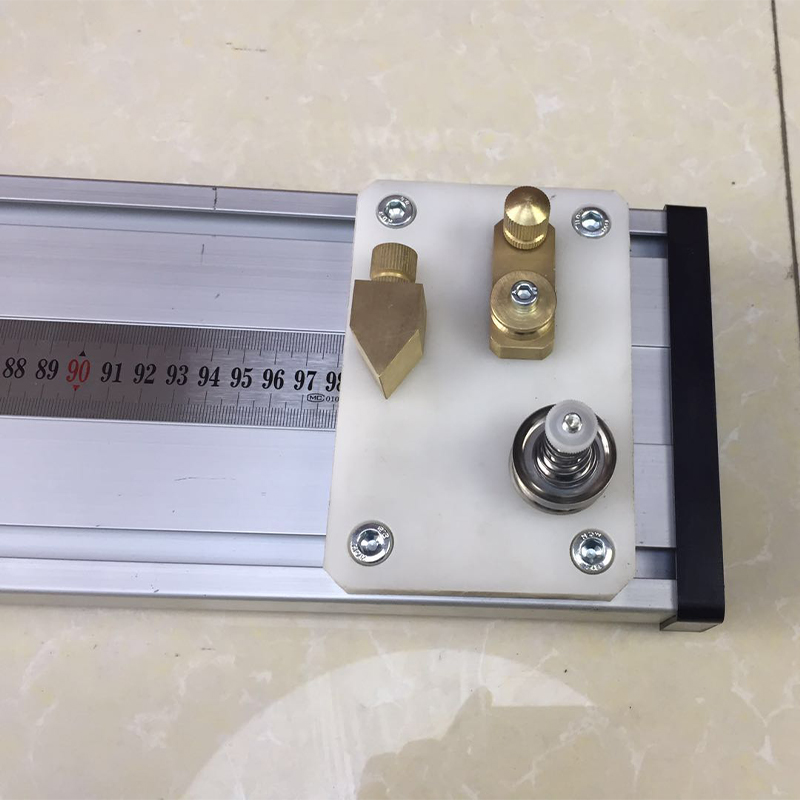tensile test machine company
Understanding the Importance of Tensile Test Machine Companies
In today's manufacturing and materials science domains, the evaluation of material properties plays a crucial role in ensuring the quality and reliability of products. One of the most significant tests in this evaluation is the tensile test, which determines how materials will react when subjected to tension. Companies that manufacture tensile test machines are vital in this process, providing the equipment necessary for industries ranging from aerospace to automotive, construction, and beyond.
What is a Tensile Test Machine?
A tensile test machine, also known as a tensile tester or a materials testing machine, is designed to measure the strength and ductility of materials. During a tensile test, samples are subjected to controlled tension until failure. The results of this test provide crucial data on various material properties, including yield strength, ultimate tensile strength, elongation, and reduction in area. This information is essential for engineers and material scientists who need to select the appropriate materials for their applications and ensure safety and compliance with industry standards.
The Role of Tensile Test Machine Companies
Tensile test machine companies are responsible for the design, manufacturing, and distribution of these testing devices. Their role is multifaceted, encompassing innovation in testing technology, providing calibration services, and ensuring compliance with international testing standards such as ASTM, ISO, and JIS.
These companies invest heavily in research and development to enhance the accuracy and efficiency of their machines. State-of-the-art tensile testers can now incorporate digital technologies, providing real-time data analysis and reporting capabilities. Some machines are equipped with advanced features like automated gripping systems, extensometers to measure elongation accurately, and software that can perform complex calculations and yield graphs instantly.
Industries Benefiting from Tensile Testing
The applications of tensile test machines are extensive. In the aerospace industry, for instance, materials such as aluminum alloys and composite materials must meet stringent safety standards. Tensile testing provides data that help engineers understand how these materials will perform under high stress and varying environmental conditions.
In the automotive sector, tensile tests are crucial for evaluating the integrity of metals used in vehicle manufacturing, ensuring that every component, from the frame to individual parts like bolts and fasteners, can withstand operational stresses and potential impacts.
tensile test machine company

The construction industry also relies heavily on tensile testing. Materials like steel and concrete undergo rigorous testing to ensure they can support loads and resist environmental wear and tear. Proper testing mitigates risks associated with structural failures, safeguarding both the investment and human lives.
Choosing a Reliable Tensile Test Machine Company
When selecting a tensile test machine company, several factors should be considered
1. Quality of Equipment Look for manufacturers recognized for producing high-quality, reliable machines that meet international testing standards.
2. Customer Support A company that offers robust customer service, including training, maintenance, and calibration services, is invaluable.
3. Customization Options Every industry has unique requirements. The capability to customize machines based on specific testing needs can be a significant advantage.
4. Technological Advancements Companies that embrace technology and integrate software solutions for data analysis and reporting enhance the overall testing experience.
5. Reputation Researching customer feedback and industry reviews can provide insights into the reliability and effectiveness of a company's products and services.
Conclusion
Tensile test machine companies play an indispensable role in the quality assurance processes across numerous industries. By providing the tools necessary for thorough material testing, they help ensure that products are safe, reliable, and built to last. As technology continues to advance, these companies will play a pivotal role in shaping the future of materials engineering, driving innovation, and improving safety standards worldwide. As such, selecting a reputable company that aligns with specific testing needs is essential for any organization seeking to uphold the highest levels of material integrity and performance.
-
Why the Conductor Resistance Constant Temperature Measurement Machine Redefines Precision
NewsJun.20,2025
-
Reliable Testing Starts Here: Why the High Insulation Resistance Measuring Instrument Is a Must-Have
NewsJun.20,2025
-
Flexible Cable Flexing Test Equipment: The Precision Standard for Cable Durability and Performance Testing
NewsJun.20,2025
-
Digital Measurement Projector: Precision Visualization for Modern Manufacturing
NewsJun.20,2025
-
Computer Control Electronic Tensile Tester: Precision and Power for the Modern Metal Industry
NewsJun.20,2025
-
Cable Spark Tester: Your Ultimate Insulation Assurance for Wire and Cable Testing
NewsJun.20,2025
 Copyright © 2025 Hebei Fangyuan Instrument & Equipment Co.,Ltd. All Rights Reserved. Sitemap | Privacy Policy
Copyright © 2025 Hebei Fangyuan Instrument & Equipment Co.,Ltd. All Rights Reserved. Sitemap | Privacy Policy
